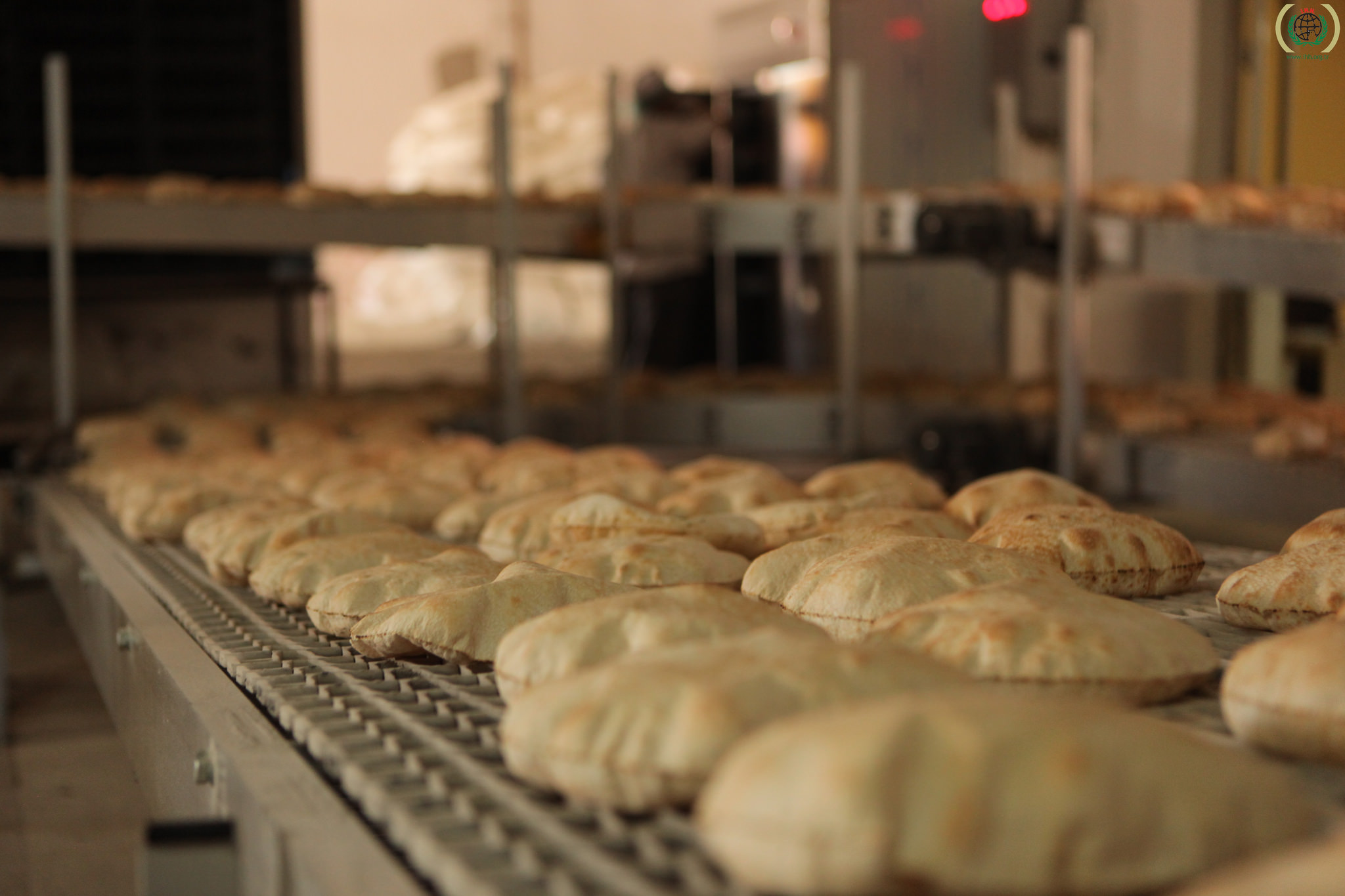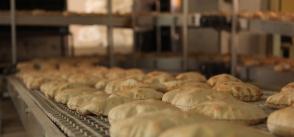
Remembrance of tastes past: Syria’s disappearing food culture
In February 2013, Ebtisam Masto fled Syria with her six children. They crossed the border to Lebanon and headed for the capital, Beirut, where Masto’s husband, Mohammed, had been working to support his family since before the civil war began.
When they arrived, Masto registered the family with the UN refugee agency in the city. There she heard about a cooking programme for women that was run by the Catholic charity Caritas. Masto, who was scared, insecure and on the verge of clinical depression, signed up. “I wanted to do something with my life,” she told me.
On the first day, Masto found herself with more than 30 women crowded into an unprepossessing room with a single stove and a sink. They looked each other up and down. Almost all, except a couple of Lebanese women, were Syrian refugees: sophisticates from Damascus and Aleppo, Kurds from the north, housewives from tiny villages in the north‑west. Some were Christian and some were Muslim, some were veiled and some not, some were pro-regime and others had lost sons fighting it. An atmosphere of wariness pervaded the room.
[Full article here | Photo by IHH]







